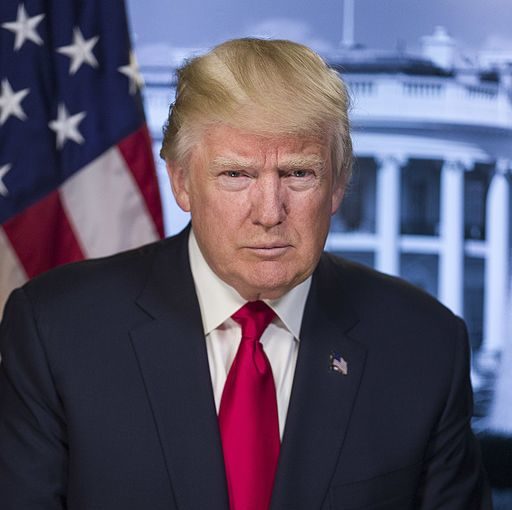
March 4, 2017; New Yorker
We can recall any number of situations over the last half-century in which individual nonprofits and even whole fields have successfully sought favor from some of the most hostile of administrations by providing a sort of “cover.” But this administration may prove different in yet another way: This president may not believe that a photo op with a group of highly committed and respected advocates pledges him to anything in particular—and the advocates may still be in the process of learning that.
Jelani Cobb’s article for the New Yorker last week on the meeting between the heads of historically black colleges and universities (HBCU) and President Trump is hard to read. In it, he portrays an excruciatingly difficult scene in which, he hazards, this group of highly respected academics is treated as window dressing.
The hazard of engaging a grandiosity addict is that you will likely be reduced to furniture in the scene. This should have been understood as early as November, when the pageant of visitors began streaming into Trump properties to meet the President-elect—blond Kanye, the millionaire turned supplicant Mitt Romney. We had cause to recall that lesson on Monday, as President Trump held an Oval Office meeting with the presidents of historically black colleges and universities. In photos, the blond man seated at the Resolute Desk is smiling; the sixty-four black men and women surrounding him look like human décor.
But, Cobb acknowledges, it was something that had to be done to pursue the possibility of an executive order that—they hoped—would ensure more resources. At the end of last year, many of these same college presidents attended a meeting of the National Association for Equal Opportunity in Higher Education where Omarosa Manigault, now a communications director for the White House, promised to press for additional funding and something of an inside-track for HBCUs who wanted the initiative to support them to be brought directly into the White House.
But when Trump issued his HBCU executive order on February 28th, there were no substantive changes.
Sign up for our free newsletters
Subscribe to NPQ's newsletters to have our top stories delivered directly to your inbox.
By signing up, you agree to our privacy policy and terms of use, and to receive messages from NPQ and our partners.
Morehouse College’s President John Silvanus Wilson, Jr., released a statement saying that “there was advance talk of changes like an aspirational goal of 5 to 10 percent for federal agency funding to HBCUs, a special HBCU innovation fund, large boosts in Pell Grant and Title III funding, and extra tax breaks for those in the private sector who contribute to HBCUs. But, instead of the long-awaited executive order containing or signaling any of those outcomes, the key change is a symbolic shift of the White House HBCU Initiative from the Department of Education to the White House. It is not possible to measure the impact of this gesture anytime soon, if ever.”
Beyond the sheer potential uselessness of such efforts at this point, there are risks involved in appearing willing to collaborate with an administration that may otherwise be acting against the people who you serve and the principles you hold. Pablo Eisenberg, a well-respected commentator on philanthropy, recently challenged Independent Sector on that issue when it sent a letter to the president asking for a meeting. In the Chronicle of Philanthropy, he wrote, “Both the tone and content of the letter were insulting to a large majority of organizations and the people Independent Sector seeks to represent.”
It even used President Trump’s words in stating that nonprofits can help the administration “make America great again.” And it talks about assisting the president in “strengthening and uniting this great nation,” when in fact the administration has quickly demonstrated its intent to divide the country in its policies toward Muslims, refugees, and immigrants.
When I asked Dan Cardinali, president of Independent Sector, why the letter had not mentioned some of the serious concerns of nonprofit leaders, he said the letter was designed to open a conversation about joint efforts that charities, foundations, and the White House could take to unify and heal divisions in American society. It was meant to open the door to such an exchange of views, not to provoke tensions between nonprofits and the administration.
But Eisenberg says that glossing over major disagreements with the administration in order to get a meeting is the wrong end of the stick to grab. He concludes, “What nonprofits need today is a heavy dose of honesty and courage. Independent Sector should be in the forefront of making certain that President Trump and his administration hear the unvarnished truth, that they clearly understand that nonprofits will fight to uphold America’s democratic institutions and processes.”—Ruth McCambridge












